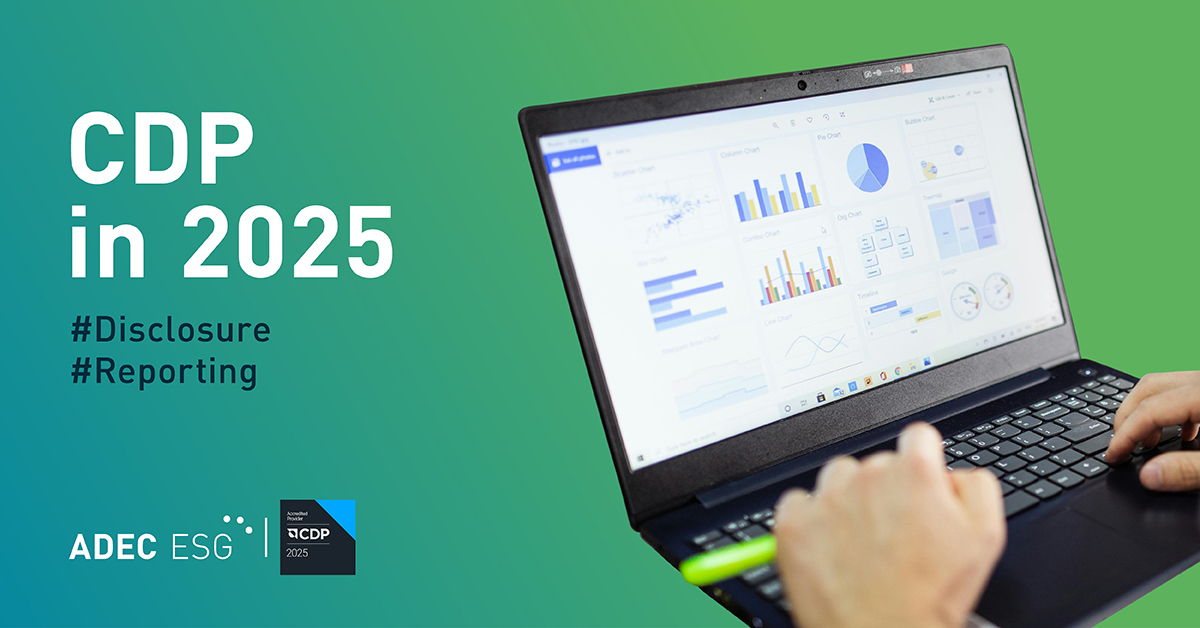Decision making is driven by data. Quality data gives a company the knowledge required to make smart decisions and to back up those decisions with meaningful supporting evidence.
However, many companies find that collecting quality data concerning their operations can be a challenge. Existing data collection processes often yield incomplete data that is not accurate or up to date, and that does not provide a holistic view of operations. Without this foundation, making prudent decisions can be difficult, especially for leaders in sustainability looking for ways to demonstrate that sustainability can be a part of a profitable, successful business model.
The Goal
More and more investors and customers are recognizing sustainability as a major factor in their decision making. Effectively tracking energy use and other resources has become crucial for improving long-term returns and customer relations. Monitoring and data collection can play a key role in improving efficiency by identifying areas for improvement. It is also the first step for organizations to reduce environmental impacts.
The Challenge
Managing data on a large scale can be a real challenge for bigger organizations. Companies with multiple facilities generate massive quantities of data at varying levels of compatibility, availability reliability, and integrity. With no overarching data management system or policies in place, it can be almost impossible to ensure you have the consistent, accurate data you need.
The Solutions
So, what steps can you take to improve your organization’s data strategies?
- Create Connected Systems: To combat issues with compatibility, install data architecture that allows you to standardize how your data is collected, stored, and processed.
- Education and Institutional Knowledge: Use current reporting structures such as CDP as an opportunity to train facility managers throughout your organization to understand the importance of their data, solve inaccuracies, and develop operational action plans.
- Technological Solutions: Business-as-usual data collection can have multiple points of failure due to transferring data through multiple sources. Look for ways to use technology to automate, streamline, and increase confidence in data sets.
Many organizations also turn to third-party data management services for assistance in monitoring their most data-intensive activities. Services such as ESG and sustainability data management can significantly streamline the collection, cleaning, and processing of environmental data and documentation. Better data management can also be implemented as part of a larger task, such as building a greenhouse gas (GHG) inventory, conducting water risk assessments, setting science-based targets, or creating a carbon management plan.
Having access to your organization’s sustainability metrics is a step in the right direction, but the real value of data comes from how it is used. The ultimate goal for any organization looking to improve how it manages sustainability data should be using that data to reduce environmental impacts, create more effective and efficient processes, and improve overall business performance. The more rigorous an organization’s data management, the more confidence it can have to make effective decisions and take real action towards sustainability.
ADEC ESG is a leading provider of sustainability solutions, including fully-integrated industry expertise, software solutions, and data management. Contact us to learn more about our sustainability data management services.




